In Part 2 of My Ukrainian Heritage, Laryssa shares her father’s story of survival in fleeing dekulakization and Polatova, Russia at age 18.
Previous ‘My Ukrainian Heritage’ Diary Entries
Catch up on previous diary entries from ’My Ukrainian Heritage’:
Part 2 of My Ukrainian Heritage: Fleeing Dekulakization in Early 1930s Russia
I will begin with highlights from my father’s past.

My father, Mikhail, was a true example of the word survivor. He survived through wars, fleeing from the enemy, and a life of extreme hardship.
He was born in Polatova, Russia in 1911, into a family that was well-off, owned a flour mill, and lived a good life. In 1929, that all changed when the Soviet government forced them from their home.
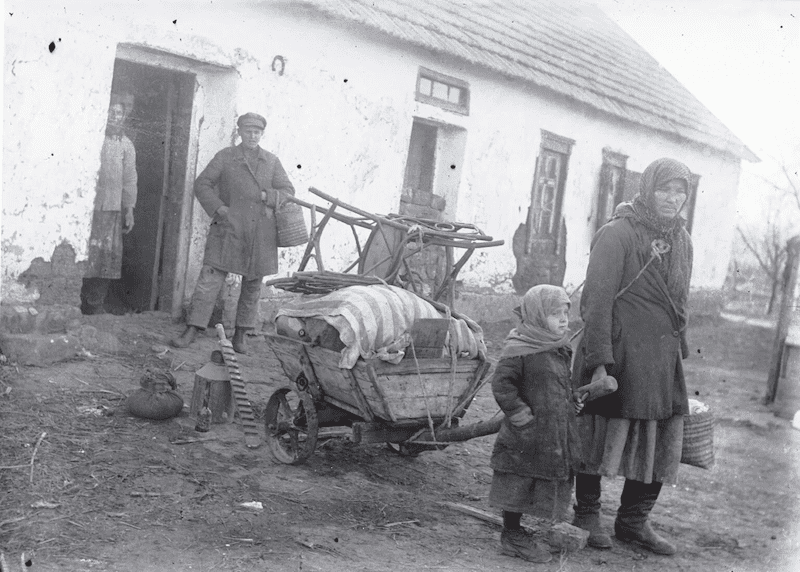
This was part of Stalin’s period of terror called dekulakization, the collectivization of farmland in Russia. Millions of wealthy land-owners were executed if they showed resistance to this government take-over.
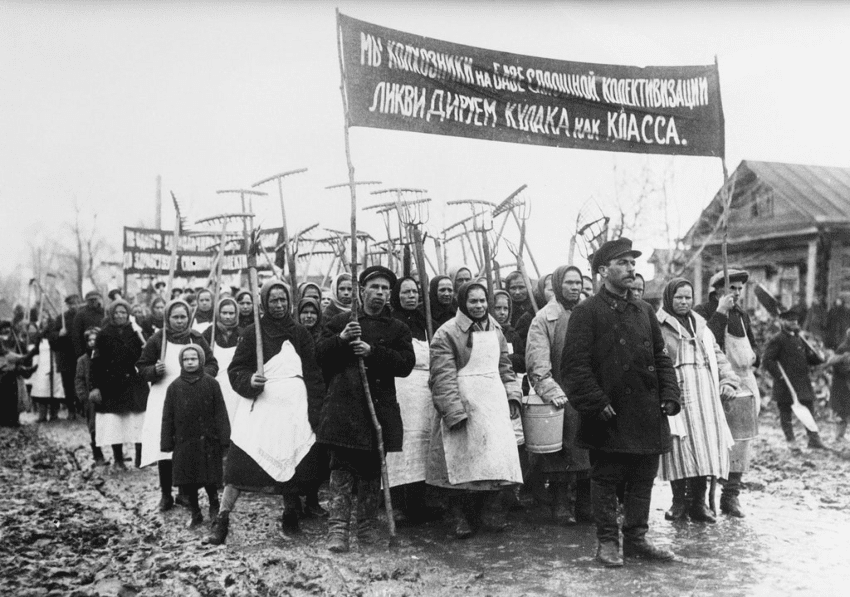
In order to escape, Mikhail got phony papers that said he was middle-class, and so at the young age of 18 he began a life that would make an incredible Hollywood movie.
After leaving his home, he got work at a coal mine in a nearby town. A few months later he got word that his brother Ivan had been arrested and that the Komsomol (young Communist) army men were looking for my father as well. Mikhail quickly hid his old documents and with the help of a friend arranged for new ones. Ironically, he was on his way to get these papers when three Komsomol men, who were previously friends of his, spotted him and he was arrested.
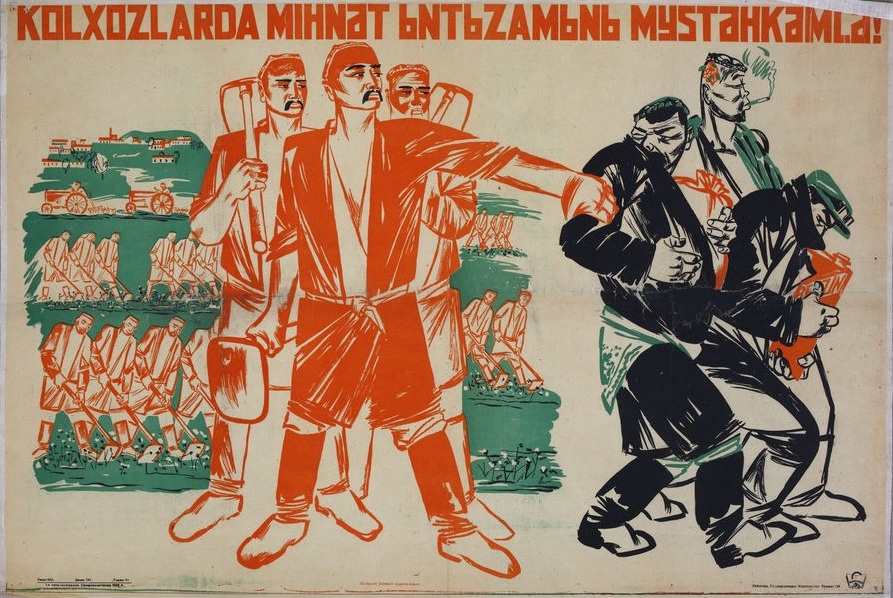
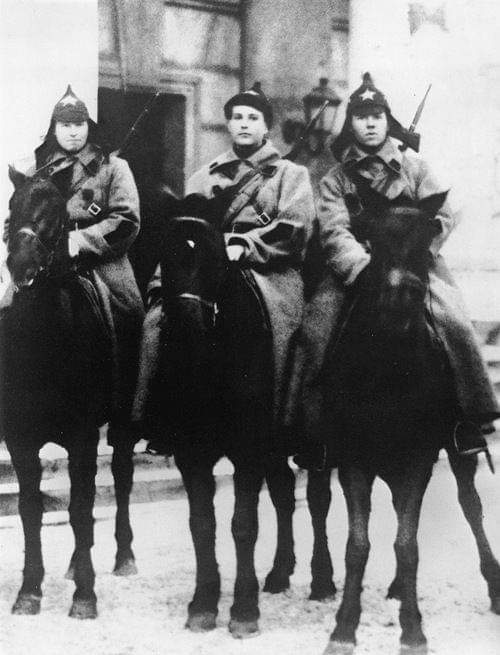
They kept him in a barn, and the next day he was forced to walk through the town while they guarded him on horseback. As my father tells it, he had three places picked out to possibly escape. At the first two there were too many people, but at the third spot he darted off into a dense forest and got away. He ran, hid behind trees, and stayed in the thick brush all that night.
The next day he made his way to a trail and walked for some time. At one point, he saw some men on horses in the distance so he hid under a bridge. As the horses’ hoofbeats pounded over the bridge my father could hear the men speaking his name, but fortunately they did not see him.
The last part of this story fascinated me as a child, and it is the one I remember most vividly to this day.
Read Other ‘My Ukrainian Heritage’ Diary Entries
Tune in monthly for future diary entries:
- Part 3: Hiding in Plain Sight from the Dekulakization in Valuyki
- Part 4: Conscripted! Siberian Worker’s Army to World War II Soldier
- Part 5: Loss of Family. Leaving Ukraine for Survival
- Part 6: Father and Sons Reunited After 50 Years
- Part 7: My Mom’s Childhood Ended with the Occupation of Ukraine
- Part 8: My Mom’s Choice: Slave Labour on a Kolkhozes and Leaving Ukraine all on her Own
- Part 9: Becoming a Proud Ukrainian as a Child of Immigrants to Canada
Help Get Aid to People in Ukraine
As I write, people in Ukraine are fighting and fleeing from Russian troops, and could use your aid and support.
Several of our friends and colleagues speak highly of People in Need, a trusted Czech NGO who are known for doing incredible humanitarian work, often with limited funds. They quickly mobilised when Russia attacked Ukraine, sending trains and trucks full of humanitarian supplies going to Ukraine. At present they are operating in the west and east of Ukraine, where they send trains and trucks with humanitarian aid and where 190 members of their team are working. They are also helping to manage the influx of Ukrainians to neighbouring countries, especially Moldova. In the Czech Republic, they assist Ukrainians in integrating into Czech society by helping them find accommodation, work, and schools for their children. You too can help by donating to their SOS Ukraine emergency appeal.
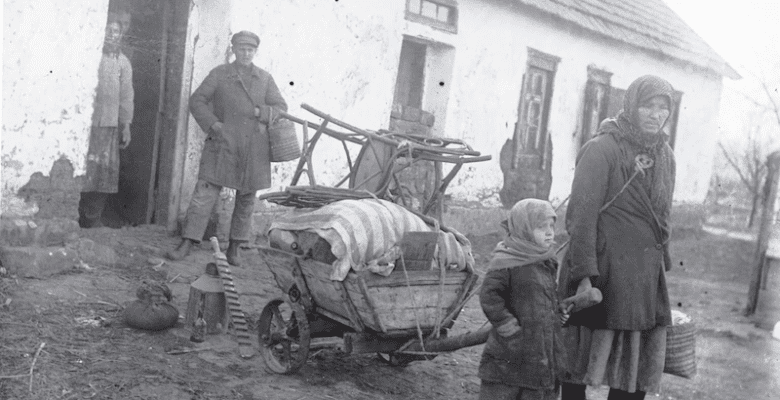
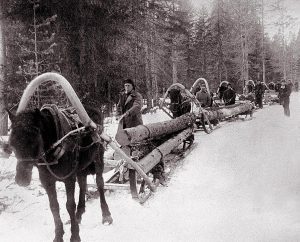
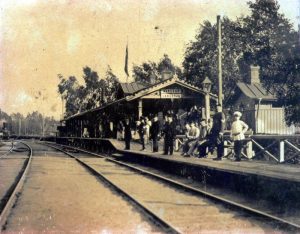
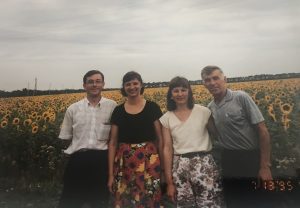
Leave a Reply